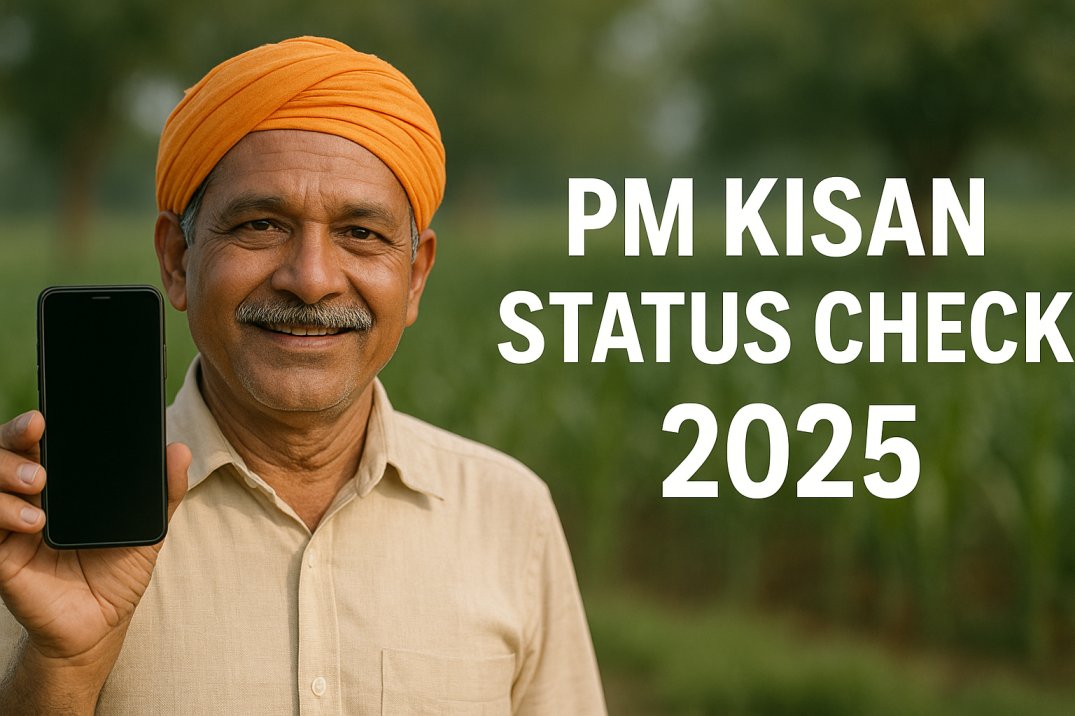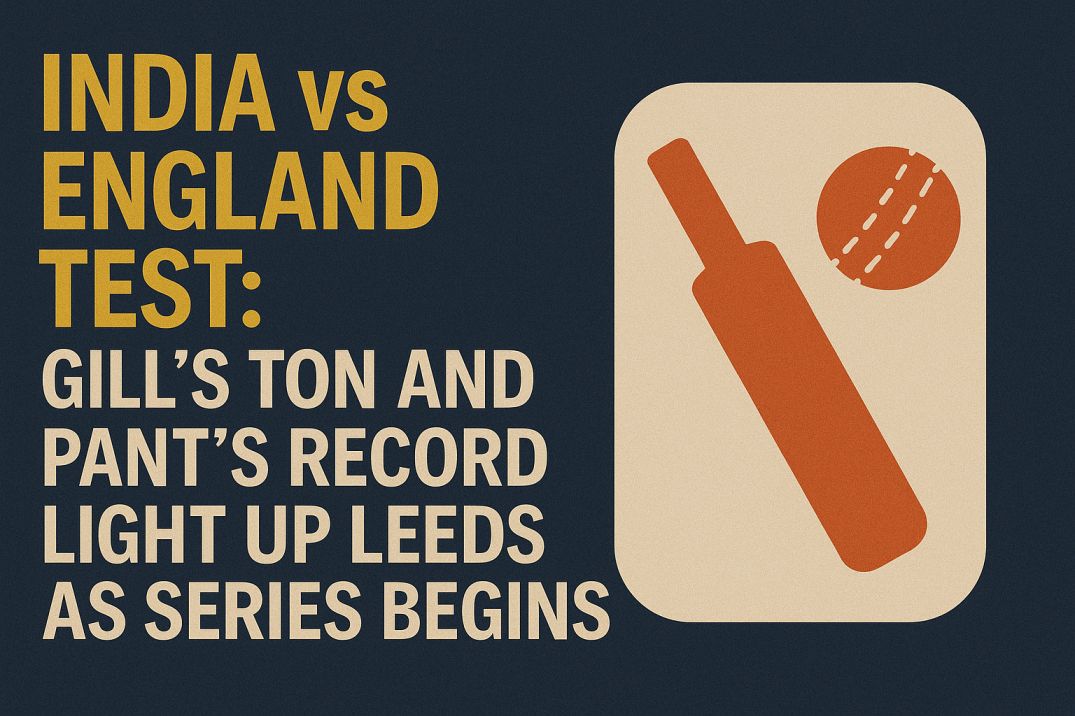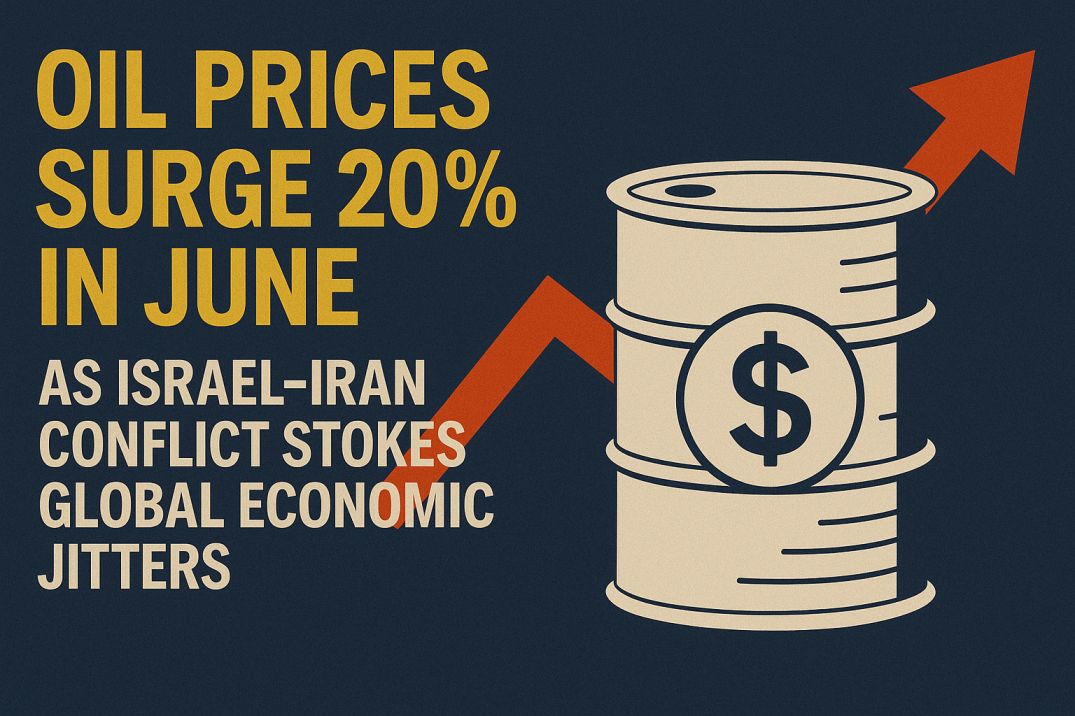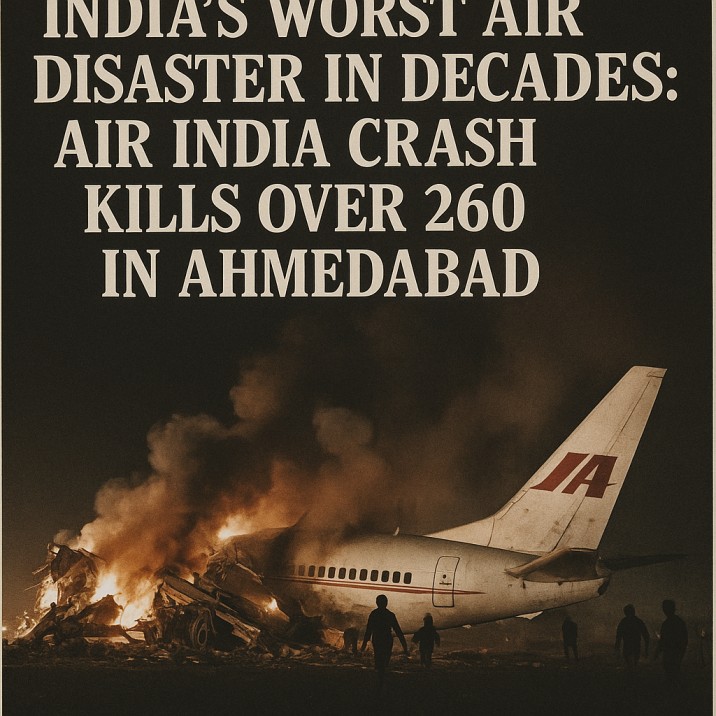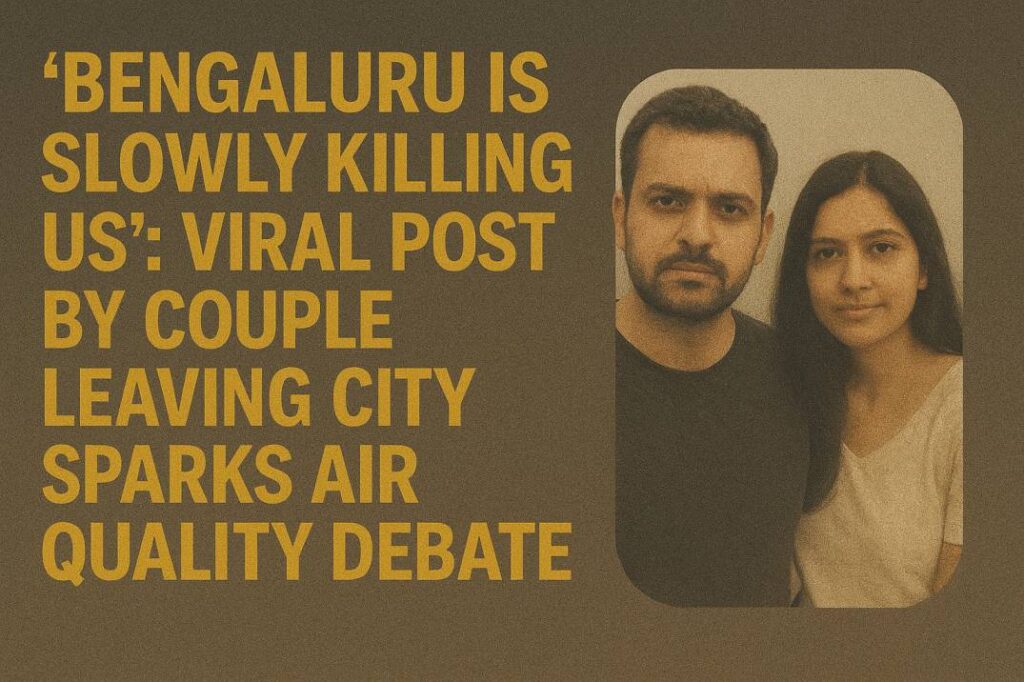
What Happened: A young entrepreneur couple’s decision to leave Bengaluru (Bangalore) due to the city’s deteriorating air quality has gone viral, sparking a nationwide conversation about urban pollution and quality of life in India’s cities. Aswin and Aparna, both 27, shared a poignant video on Instagram with the provocative caption “Bangalore is slowly killing us.” In the video, which has amassed nearly 1 million views in just two days, the couple explains how after two years of living in Bengaluru – a city they grew to love for its vibrant tech scene, pleasant climate, and friendly people – they have made the tough decision to relocate because frequent illnesses and allergies made their life miserable. Their post has struck a chord, triggering both an outpouring of support from people who relate to the struggles of urban pollution and a wave of civic introspection (as well as some defensive reactions from Bangalore residents).
Their Story: Aswin and Aparna moved to Bengaluru in 2023 to work in the tech industry (they mention both are working corporate jobs and also run their own small business). Initially, they enjoyed the city’s famed pleasant weather and dynamic opportunities. However, over time, they noticed their health declining. In the Instagram video, Aswin says, “We started falling sick. I developed breathing issues and allergies.” Aparna adds, “I, who doesn’t even catch a cold, am always coughing and sneezing.” They tried to mitigate this by living a healthy lifestyle – eating well, daily exercise – but the problems persisted. Eventually, the couple connected the dots and realized Bengaluru’s air quality was the likely culprit behind their constant respiratory issues. In February, they checked the city’s Air Quality Index (AQI) on a popular app and were shocked: it read 297, which falls in the “Very Unhealthy” category, just shy of outright “Hazardous”. (For context, an AQI above 200 is very unhealthy, and above 300 is hazardous; by comparison, anything under 50 is considered good.)
Seeing an AQI of 297 was an awakening. Bengaluru, often nicknamed the “Garden City” and long reputed for fresh air and greenery, now suffers severe pollution spikes. The couple realized their daily exposure was affecting their health and future. “People say Bangalore has fresh air and great weather, but does it really?” Aparna asks pointedly in the video. Armed with this information, Aswin and Aparna made up their mind to leave “before the city could sink us in.” They did not immediately announce where they are moving, but hinted at seeking “greener, cleaner pastures.” In comments, they mentioned looking at smaller towns or hill stations known for better air.
Internet Reaction: The story quickly spread beyond Instagram, getting picked up by news websites and shared widely on Twitter and Facebook as well. It resonates because Bengaluru is one of India’s most prominent cities – the tech capital, home to startups and IT giants – and has drawn millions of young professionals from across the country (like Aswin and Aparna) chasing career dreams. Hearing some of those dream-chasers say they’re quitting the city for health reasons is a wake-up call.
On one hand, many people echoed similar experiences. Comments from other tech workers in Bengaluru recounted developing adult-onset asthma or constant coughs since moving there. One user wrote, “I thought I was the only one! I’m 30 and on inhalers now because of Bangalore’s dust and pollution.” Environmental activists used this moment to underscore how Indian cities – not just Delhi (infamous for smog) – are facing a pollution crisis. In fact, Bengaluru’s air, while generally better than Delhi’s, has been worsening due to factors like construction dust, traffic exhaust, decreased greenery, and winter inversion effects. There was also discussion of how the city’s rapid, often unplanned growth has impacted not just air but other infrastructure (traffic, water, etc., which indeed all interconnect).
On the other hand, the couple faced a backlash in some quarters, particularly from self-identified native Bangaloreans who felt the critique was exaggerated or that “migrants” were blaming the city after benefiting from it. Some comments (visible in the post’s discussion) were defensive, telling the couple “Good riddance, if you think it’s so bad then leave”. A few accused them of adding to the city’s population and vehicles (thus pollution) and then complaining. This sparked a side debate about internal migration and whether locals unfairly blame newcomers for civic issues. Interestingly, the couple addressed this indirectly: “As a Bangalorean, y’all in the comments section gotta stop taking this so personally, and instead try to make our city safer for everyone,” one supportive local commented, pushing back against the anti-migrant sentiment.
Bengaluru’s Air Quality Problem: Historically, Bangalore enjoyed moderate climate and decent air quality, but recent data shows a worrying trend. On many days in the past year, AQI levels spiked into unhealthy ranges. The culprit is a combination of explosive vehicle growth (the city has over 10 million people and perhaps 8+ million vehicles, with traffic jams a daily ordeal), construction boom (constant dust from metro, road, and real estate projects), reduction in tree cover, and geography (the city’s mild winters mean cooler nights trapping pollutants, though not as badly as north Indian plains). The couple’s video highlights one telling stat: an AQI of 297 in February, which is supposed to be a dry, pleasant month, is alarmingly high. For comparison, Delhi’s average in winter is often 250-300 AQI, meaning Bangalore is catching up to big offenders.
Their phrase “slowly killing us” might sound dramatic, but it is basically how prolonged exposure to high pollution works – raising risks of asthma, lung disease, even heart issues and reduced life expectancy. Health experts weighed in: a pulmonologist in Bangalore tweeted that he’s seeing rising respiratory cases among young adults and urged urgent emission control measures.
Implications and Reforms: The viral attention pressured local authorities to respond. Bangalore’s civic body (BBMP) and the Karnataka State Pollution Control Board faced media queries. An official pointed out they are installing more continuous air monitoring stations and planning stricter dust control enforcement at construction sites. The city recently launched a “Clean Air Bengaluru” action plan with steps like mechanized street sweeping, phasing out older polluting vehicles, and creating more green buffers. But critics say these plans exist on paper while enforcement is lacking.
The couple’s story also dovetails with a broader trend: during the pandemic, some techies left megacities for smaller towns or hills, valuing quality of life since remote work became viable. Even as offices reopen, many are questioning living in high-pollution, high-cost metros. If Bangalore (and others like Mumbai, Delhi) want to retain talent, improving livability might become as important as offering jobs.
Meanwhile, Aswin and Aparna have inadvertently become advocates. They stated they didn’t intend to malign Bangalore but to share their truth and warn friends. Aparna wrote, “Bangalore gave us so much. We truly love it. But we won’t sacrifice our health. We hope we can return someday when things improve.”
Their departure is symbolic of an inflection point: India’s prized tech city, which attracted youth for its promise, now risks repelling them if environmental issues aren’t fixed. The conversation they sparked is painful but necessary – addressing air pollution isn’t just Delhi’s burden; even the “Silicon Valley of India” is gasping. Urban planners and citizens are using this moment to push for better public transport (to cut traffic pollution), protection of lakes and trees (to act as lungs), and smarter urban policy.
Social media remains abuzz with the debate. Memes have popped up (like “Bengaluru weather: 22°C and PM2.5 dust soup” etc.). But behind the humor, there’s real concern. If more people of means begin opting out of polluted cities, it underscores failure in urban governance and is a brain drain risk.
Thus, this couple’s viral lament might hopefully jolt authorities into swifter action. At the very least, it has made thousands check their air quality apps and perhaps buy an air purifier or plant some trees. As one commentator aptly said, “When people start saying goodbye to a city not for lack of jobs but lack of clean air, that’s when you know you have to fix things. Bangalore, listen to what your young are telling you.”









